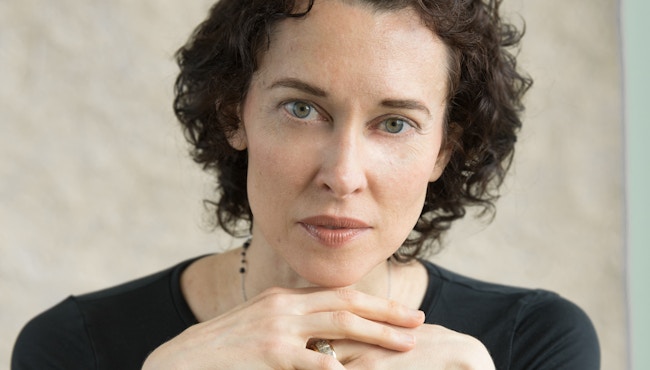
Dr. Elisseeff is the Morton Goldberg Professor and Director of the Translational Tissue Engineering Center at Johns Hopkins Department of Biomedical Engineering and the Wilmer Eye Institute with appointments in Chemical and Biological Engineering, Materials Science and Orthopedic Surgery. She was elected a Fellow of the American Institute of Medical and Biological Engineering, the National Academy of Inventors, a Young Global Leader by World Economic Forum. In 2018, she was elected to the National Academy of Engineering and National Academy of Medicine and in 2019 she received the NIH Directors Pioneer Award. Jennifer received a bachelor’s degree in chemistry from Carnegie Mellon University and a PhD in Medical Engineering from the Harvard–MIT Division of Health Sciences and Technology. Later she was a Fellow at the National Institute of General Medical Sciences, Pharmacology Research Associate Program, where she worked in the National Institute of Dental and Craniofacial Research. She is committed to the translation of regenerative biomaterials and has founded several companies and participates in several industry advisory boards including appointment by the governor to the State of Maryland’s Technology Development Corporation (TEDCO). Jennifer’s initial research efforts focused on the development of biomaterials for studying stem cells and designing regenerative medicine technologies for application in orthopedics, plastic and reconstructive surgery, and ophthalmology. Clinical results revealed the importance of the immune response in the biomaterial and regenerative medicine responses. This led to a significant shift in research efforts to biomaterials-directed regenerative immunology and leveraging the adaptive immune system to promote tissue repair. The group is now characterizing the immune and stromal environments of healing versus non-healing wounds and tumors. Biomaterials are now being applied to model and manipulate tissue environments and studying the impact of systemic and environmental factors such as aging and senescent cells, sex differences, and infection/microbiome changes on tissue homeostasis and repair.
